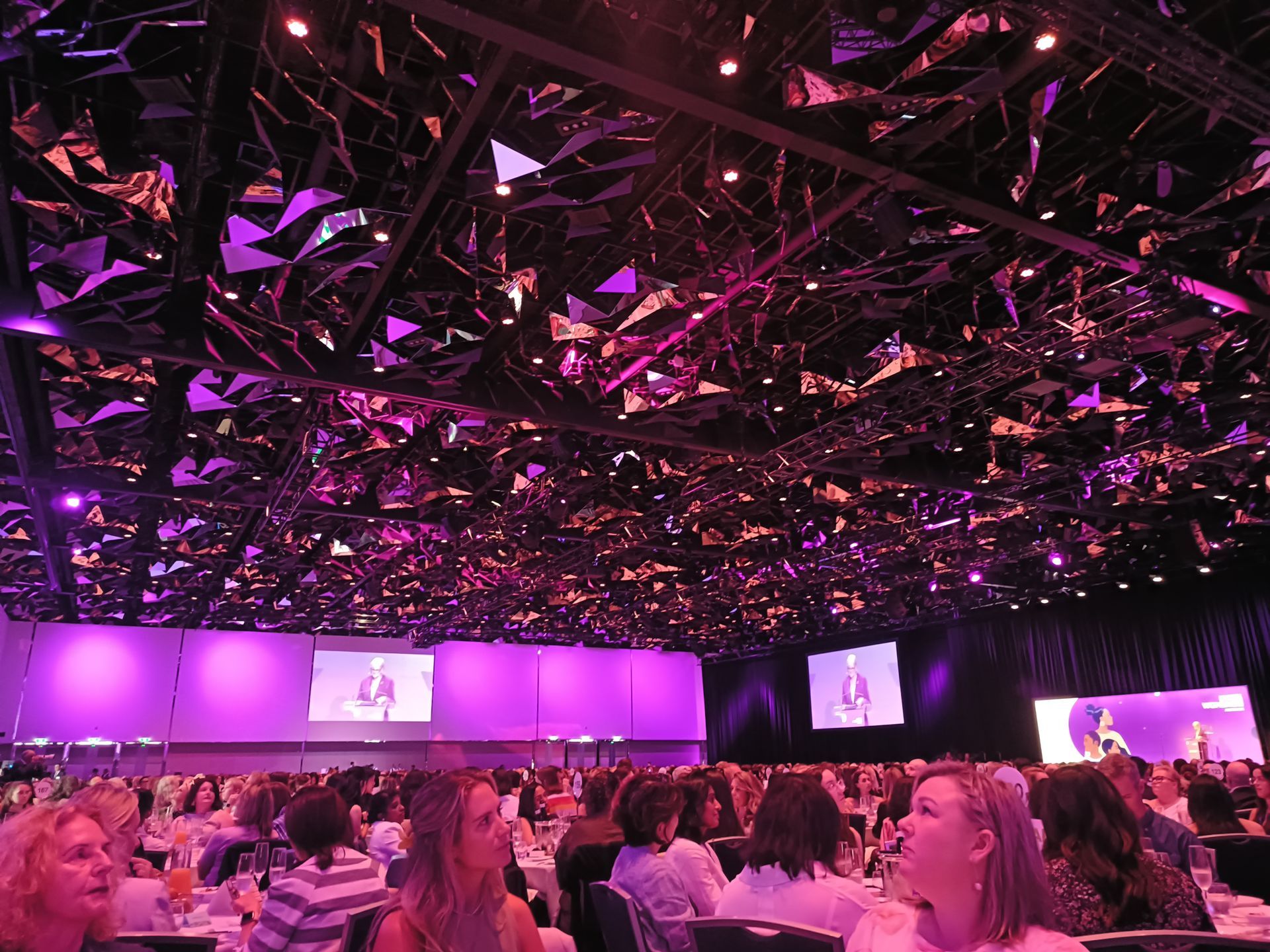10 March 2025
One of our team members, Mhairi, had the opportunity to attend this year’s UN Women Australia’s International Women’s Day (IWD) Luncheon. Held at the International Convention Centre (ICC) Sydney in Darling Harbour, the event brought together 1,700 attendees to celebrate the achievements of women and discuss the path forward. The theme for the event was #MarchForward, a call to action to continue advancing gender equality and ensuring that every woman and girl reaches her full potential. With UN Women operating in over 100 countries worldwide, the organization remains committed to delivering policies, programs, and standards that uphold women’s rights on a global scale. Powerful Voices, Lasting Impact The luncheon featured an incredible lineup of speakers, each bringing unique insights and personal experiences to the conversation: Her Excellency the Honourable Sam Mostyn AC , Governor-General of Australia, shared her experiences meeting women across Australia who ‘turn promises into progress.’ Her speech was a reminder of the real impact women make in their communities every day. Celeste Barber , the beloved actor, comedian, and author, brought her signature wit and passion to the stage. She emphasized the importance of taking action over just talking about change, stating she is a firm believer in ‘a little less conversation and a little more action’ when it comes to tackling social injustices. She also shared her best business advice: to be 100% unashamedly ‘me.’ Mary Robinson , Former President of Ireland, was another notable speaker. She had recently sat down with Simone Clarke, CEO of UN Women Australia , to discuss the ongoing fight for gender equality and the importance of keeping the momentum going. A Historic Year for Women’s Rights This year’s IWD coincided with two major milestones in the fight for gender equality: 30th anniversary of the Beijing Declaration , adopted at the 1995 Fourth World Conference on Women, which set out a framework for gender equality globally. 50 years since International Women’s Year (1975) , when the United Nations officially recognized March 8th as International Women’s Day . Both anniversaries serve as a powerful reminder of how far we have come—and how much work still lies ahead. Mhairi found the UN Women Australia’s IWD Luncheon to be an inspiring and thought-provoking experience. The event reinforced the idea that real change happens when words turn into action. As we move forward under the banner of #MarchForward , let’s continue to advocate, support, and uplift one another in the pursuit of true gender equality.














